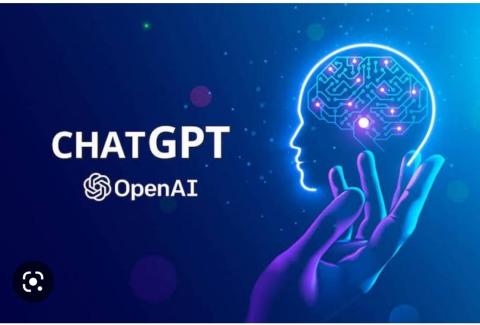
ChatGpt: The beginning of a new era in education
Technology has shaped human existence more deeply than religion and politics, to the extent that some historians have used it as a basis for periodization in history. One of the most well-known periods defined by technology is the Iron Age. The discovery of iron allowed for the clearing of forests and the expansion of agricultural land, ultimately leading to the creation of vast empires. Throughout history, technological advancements such as the introduction of explosives, printing presses, steam engines, and more have drastically changed the course of events. The history of human civilization is a story of technological progress and its profound impact on human life.
The impact of technology transcends religious and political boundaries, shaping the modern world in diverse ways. While there may be dominant religious communities and various political ideologies in different parts of the globe, mobile phones and internet-based technologies have had a profound impact on people's daily lives worldwide
This is the age of big data, and big data-driven artificial intelligence (AI) is set to bring about a revolution greater than any political or religious movement ever could. We've already begun interacting with AI in one form or another, and with the introduction of ChatGPT, our engagement with AI is only going to intensify. Naturally, it will shape various aspects of human life, including education.
Our initial interactions with ChatGPT have been encouraging. It provides specific solutions to most of the questions we pose to it. It's human nature to test the limits of machines or other humans, so we often ask questions that they can't answer. This validates our belief in the invincibility of our existence as humans. When we ask a question and AI fails to answer it, it reinforces our sense of control. There's nothing wrong with this; all human inventions are designed to give us more control over our environment, over other humans, and so on. The ability of ChatGPT to provide specific answers to questions almost eliminates the need for a teacher to answer students' questions. Content-specific questions like "What were the reasons for the Revolt of 1857?" or "What is Thales' theorem?" can be answered more coherently and accurately by ChatGPT.
Educational thinkers have been arguing that teachers' job is to ask questions, not to answer them. Unfortunately, in our schools, the situation is reversed. Most teachers are evaluated based on their ability to answer questions, rather than their ability to frame them. In this sense, I see the intervention of ChatGPT as a welcome addition. It will allow teachers to return to their real job of raising questions. While we may not be able to compete with machines in terms of how we answer a question, I believe we can continue to ask new questions, and in this respect, we can stay one step ahead of machines. Authentic questions often arise from existential crises or from the stimuli that the environment throws upon our senses. Machines do not face existential crises. .
- Log in to post comments
